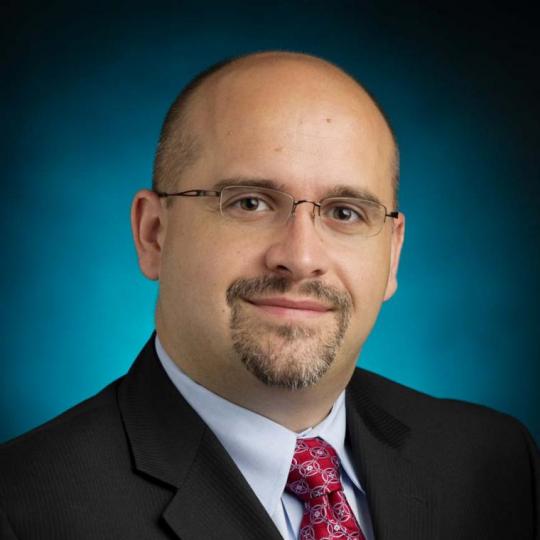About me
Michal Dynda, MD, MSHI is an Associate Professor in the Department of Family and Community Medicine at Southern Illinois University (SIU) School of Medicine. He serves as the System Chief Medical Officer and Chief Medical Information Officer for SIU’s Federally Qualified Health Centers (FQHC) and additionally holds the role of Chief Medical Information Officer for SIU School of Medicine.
As Chief Medical Officer, Dr. Dynda oversees clinical operations at SIU FQHC sites, ensuring that care delivery aligns with value-based care models that emphasize quality, efficiency, and improved patient outcomes. He leads initiatives that integrate Patient-Centered Medical Home (PCMH) principles, focusing on comprehensive, team-based, and coordinated care. His efforts prioritize proactive, patient-centered approaches that enhance access, continuity, and population health management while optimizing the training experience for residents.
A key component of Dr. Dynda’s work is improving population health management by identifying and addressing care gaps, particularly among underserved populations. He leads initiatives that leverage data analytics and evidence-based strategies to enhance preventive care, chronic disease management, and health outcomes. By implementing targeted interventions and fostering team-based care models, he works to close disparities in access and treatment. His approach emphasizes proactive outreach, patient engagement, and the integration of culturally appropriate communication methods to ensure effective care delivery for diverse populations.
Dr. Dynda practices full-scope primary care medicine, including hospital medicine, and is committed to training future physicians in both clinical excellence and health systems leadership. He earned his medical degree from Poznan University of Medical Sciences in Poland and completed his Family Medicine residency at Southern Illinois University School of Medicine. Additionally, he obtained a Master’s in Health Informatics from the University of Illinois at Chicago, equipping him with expertise in data systems, analytics, and population health—key drivers in advancing equitable and effective healthcare delivery.


